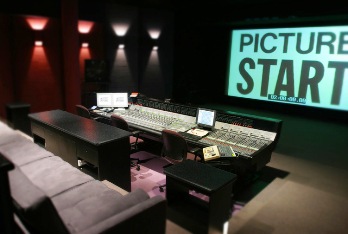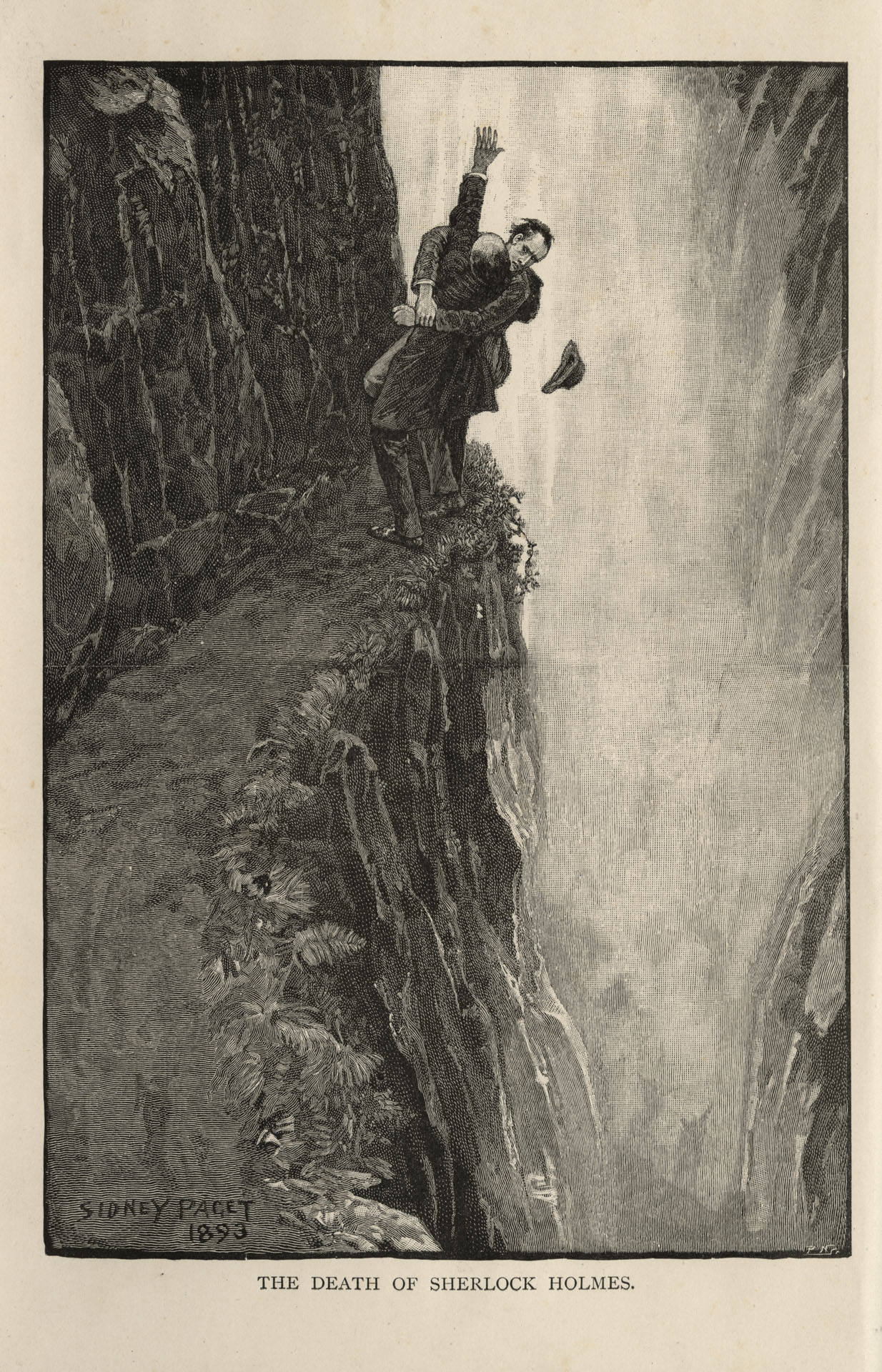Reading some after-talk comment cards, I came across a note which read: “Nice talk, but how about using a personal story or two to make your point?”

Okay.
Being trustworthy requires more than being honest. It requires us to make reasonable efforts to keep promises and obligations, and carry out the necessary integrity to resist temptations and pressures and do the right thing even when the personal consequences may cost us.
Several years ago was playing a board game called Scrupleswith friends. The object of the game is to draw a card and read a dilemma out loud to the group. You then have to decide which way you will handle that dilemma. How you answer, justifying your decision to the others, determines how many points you receive. If the others believe you answered sincerely, you receive a point. If they disagree, they’re saying that your response is not consistent with your reputation – as they see it – and you lose a point. The points you receive have nothing to do with an honest action. It’s the perceived honesty of your answer that counts.
My turn comes, I draw a card and am surprised to discover that the dilemma described actually happened to me. It outlines a scenario where one choice called for lying to a friend or relative. Embarrassed, I explained to my friends that this had actually happened to me and that, unfortunately, I had lied. They didn’t buy it. Despite protestations to the contrary, my friends believed me to be nothing less than honest and forthright.
But the consequences of trust can become more than a little uncomfortable even when you’re acting in the best interests of others.
In the mid ‘70s I was working in the post-production end of the film business. Among my many duties was expediting prints at the lab. Over the course of two years I had cultivated a reputation of trust among the people at the lab and was permitted to wander in and out of all kinds of rooms where negatives and prints were stored.
The ‘70s was a time when home video equipment was just being introduced. Although the technology was available, the equipment was big, bulky and expensive. During this same time, a black market for 16mm copies of feature film prints existed. Making and selling those illegal prints was a crime; transporting them across state lines made it a federal offense.
One of my bosses at that time was also president of one of the biggest film labs in town. Evidence pointed to a lot of illegal prints coming out of his lab. Because of my affability and access at all times of the day or night, he asked if I would check out the situation, track down who was involved and how it was done. The notion of playing detective appealed to me. However, I wasn’t prepared for the consequences of that decision.
To my great surprise, it took very little “detecting” on my part to uncover the information. In fact, the person who was in charge of “bootlegging” the prints approached me! “If you ever have any interested clients,” he said, “let me know.”
Claiming to have never seen a 35-to-16mm reduction print made, I asked him to show me the process. It took me all of maybe one week to put everything together.
But something gnawed at me. After giving an update on my progress, I asked my boss if others were involved in helping to catch the thieves. He assured me that my information was but one piece of corroborating information.
Around that time, I had been invited to a company picnic that the “bootlegger” and his family also attended. The man had become a friend and seemed sincerely devoted to his wife and kids. This was in a time, as well as a business, where I observed more than a little cheating going on.
The following Monday, I was contacted by a detective on the case who came into my office and shut the door. “We’re ready to close in on these guys,” he said, “and this is what I want you to do. Tell him that you have a client who will be calling to order some prints.”
A day later, the “bootlegger” called back to tell me that my “client” had ordered quite a number of prints, that it seemed unusual, and that it would take a few days to complete the order. I was beginning to feel uneasy about the whole thing due to the volume of the order and the speed with which the whole process was taking place. “Relax,” the detective told me. “We do this all the time.”
A few days later, he instructed me to stay away from the lab the next day. Ironically, the “bootlegger” called while the detective was still in my office. He, too, was concerned by the large order, but said “if you say he’s okay, Jim. He’s okay.” All I could think of from that moment on was this man’s wife and kids from the picnic and it bothered me.
Clearly, the people responsible were criminals. And just as clearly, I was doing the right thing by turning them in, but these guys were not your typical Clint Eastwood, Dirty Harrycrooks who you root to see shot by the end of the film. These guys had become my friends; friends who had families.
Now I know what you’re thinking – “Wake up and smell the developer, Jim! These guys were crooks who were stealing the livelihood of others.” All true. Wouldn’t argue with you. They deserve what they get. But the image of the “bootlegger’s” family banged in my brain as I spent the next day hanging around the office, avoiding the lab.
The following afternoon, one of my guys returned to the office with a load of prints under his arm. “Man, you should have been there,” he said. “There were FBI guys all over the place! And you should have seen it when [the “bootlegger”] was led away in cuffs. It was like an episode from some crime show!”
Despite the fact that I gave one of the great reacting jobs in my life, whenever anyone approached me about the incident – and everyone was talking about it for weeks – the whole thing made me sick to my stomach. Worse yet was the realization that I could never tell anyone for fear that I would be looked on as someone who would turn anyone in if I noticed the slightest indiscretion. So, I kept my mouth shut… for decades.
Standing up for what we know to be right can be difficult, but if one can summon the moral courage necessary, the results can provide moral clarity for the next difficult choice we’re called on to make.
Comments









